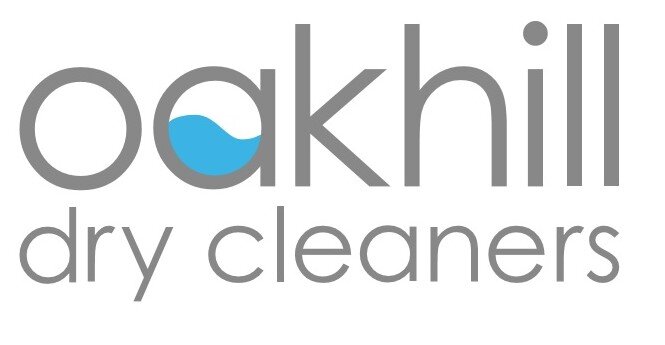Do You Know Thomas L. Jennings?
Before Black History Month ends, we need to take a moment to recognize a remarkable American inventor – Thomas L. Jennings. Known as the Father of Dry Cleaning, he was the first African American inventor to own the rights to a patent. His story goes far beyond the invention of a dry cleaning process known as dry scouring, however.
Born in 1791 in New York City to free parents, Jennings would become one of the key players of the abolitionist and burgeoning Civil Rights movements. Through his businesses, he would accumulate a substantial personal fortune and direct most of it towards his activism.
As noted, he was the first African American patent holder in the history of the United States. This was in 1821 (roughly 40 years before the American Civil War), and after Jennings had already become a prosperous tailor and clothing store owner.
He was the owner of one of New York City’s largest clothing stores when he decided to create a way to clean his customers’ clothing safely, but while also eliminating the toughest stains. He experimented with different compounds that avoided the use of water and traditional cleaning methods – which typically harmed clothing.
What was the technique? As Smithsonian Magazine explains: “we’ll never know exactly what the scouring method involved. The patent is one of the so-called ‘X-patents,’ a group of 10,000 or so patents issued by the U.S. Patent and Trademark Office between its creation in 1790 and 1836, when a fire began in Washington’s Blodget's Hotel, where the patents were being temporarily stored while a new facility was being built. There was a fire station next door to the facility, but it was winter and the firefighters’ leather hoses had cracked in the cold.”
The fire consumed thousands of records, and though many patent holders had copies of their inventions to help restore the archives, Jennings’ patent has yet to be recovered. Hope remains, however, as Jennings was known to hold his printed patent letter as a place of pride in his home and kept it in a gilded frame. It was signed by John Quincy Adams who was Secretary of State when the patent was issued!
Invention was not his only passion, though, and much of his earnings poured into abolitionist causes. In the 1830s, he was chosen as the assistant secretary at the First Annual Convention of the People of Color. Twenty years later, his daughter stepped into the fray by boarding a “whites only” streetcar in New York (again, this was prior to the Civil War). This prompted her father to organize one of the first movements against segregation in the city. He also helped to organize her legal team, including Chester Arthur (a future U.S. President), and saw her win her case.
He was a key figure in the early years of civil rights activism, speaking out against colonization of Africa as a solution to the slavery issue, and he fought for African American men to get the vote.
Jennings was also a founder and supporter of the Abyssinian Baptist Church in Harlem. Known today as a megachurch for its size and massive membership, it was the first African American church in the city and founded as a revolt against segregated seating in the city’s other Baptist church.
He died in 1859, and it is remarkable to consider his life story. He was born and died before the Presidency of Abraham Lincoln and while millions of African American citizens were enslaved. He lived and worked in one of the largest cities in the United States and was a key figure in creating institutions and ideas crucial to the Civil Rights Movement, abolition, and even the Harlem Renaissance.
While it is important to remember him as the creator of modern dry cleaning, it was only one of the many amazing facts about Thomas L. Jennings. So, the next time you pickup your dry cleaning or have us do the legwork through our free delivery, give a moment to think about this remarkable American.
Suggested Reading to Learn More About Thomas L. Jennings:
A Bold Man Of Color: Thomas L. Jennings And The Proceeds Of A Patent
National Inventors Hall of Fame
Blackpast article about Jennings


